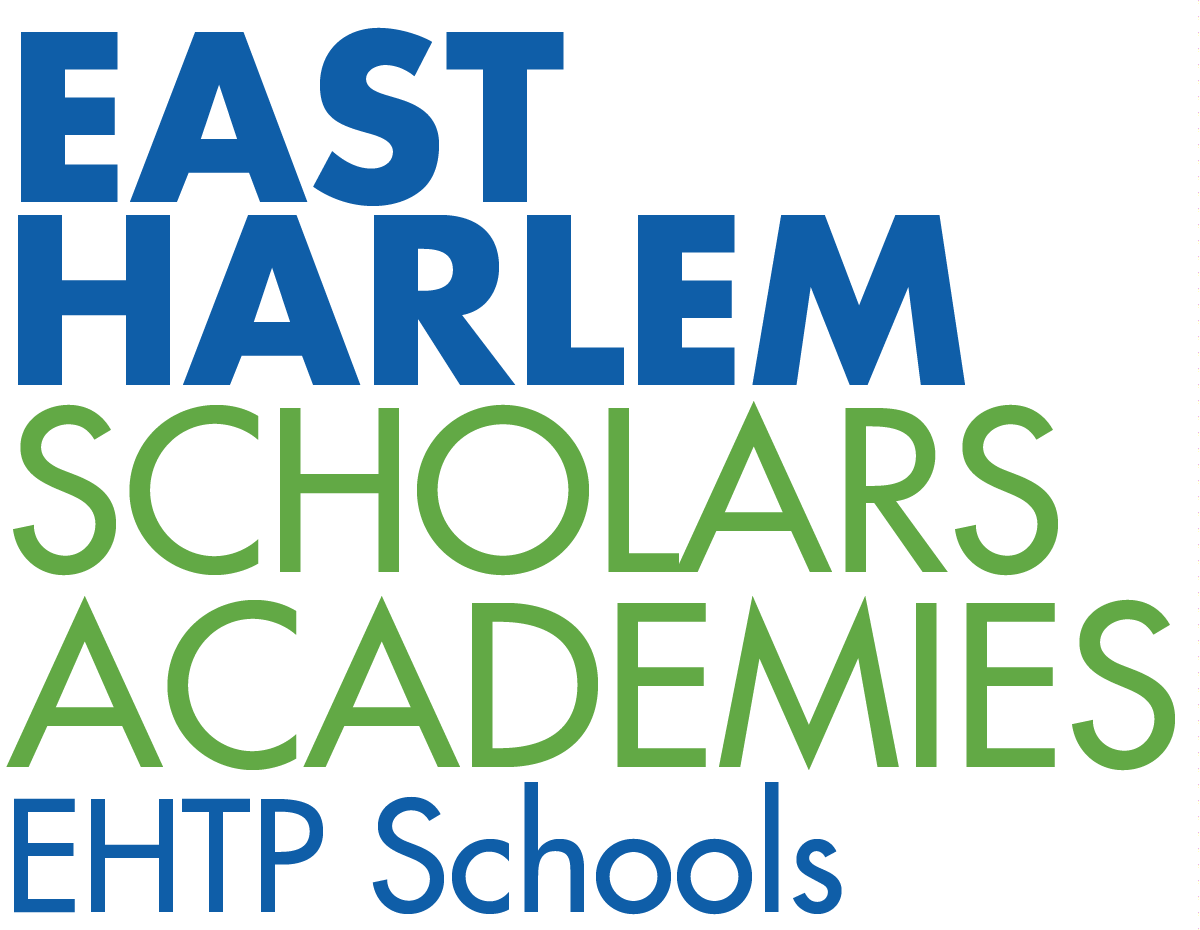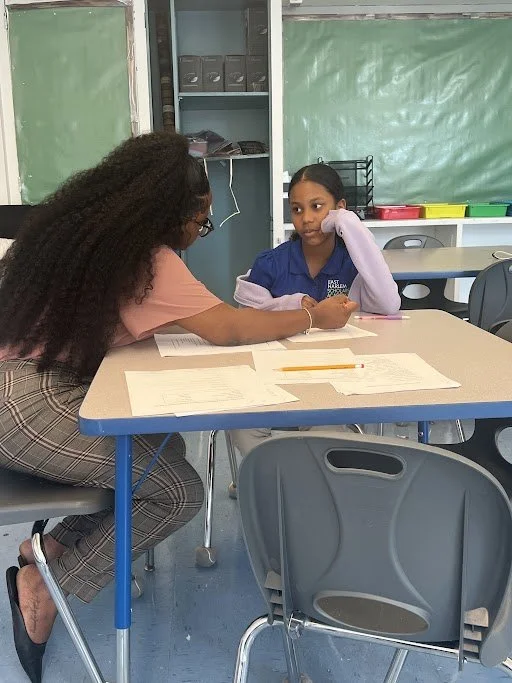inclusive &
multilingual learning
inclusive
learning
We recognize that traditional special education services are rooted in racist, xenophobic, and culturally-biased beliefs sustained by institutionalized racism. As a result, our team seeks to disrupt these systems of oppression by providing educational access to all of our students in an inclusive learning environment. To do this, we must shed harmful labels that contribute to a false pathologizing of neurodivergent learners.
Inclusivity is not a place or a service, it is a core value of our approach to teaching, learning, and care, rooted in collaboration and communication between students, families, and staff. We believe all students can learn when given what they need just because they need it, regardless of labels.
Our inclusive learning educators are growth experts whose instructional choices are focused on growth, supported by data, and grounded in equity. Through high expectations, engagement in productive struggle,and affirming all voices and modes of expression, we will position our scholars to lead the choice filled lives they deserve.
Multilingual Learning (MLL)
The East Harlem Scholars Academies Multilingual Program supports multilingual learners in developing, expanding and celebrating their linguistic competencies.
We view multilingualism through an additive lens in which all languages, linguistic competencies, and levels of literacy are welcomed. We believe that multilingual scholars benefit from this additive lens, as research demonstrates that multilingualism has many benefits that span across cognitive, educational, economic and socio-cultural dimensions. Both within our school and larger community, we seek to disrupt systemic barriers that devalue languages other than English by uplifting and celebrating all languages and cultures.
Our MLL team is composed of specialists and administrators who are highly qualified in language instruction and acquisition. By providing rigorous, meaningful instruction, we support multilingual learners in accessing the curriculum, expanding their language proficiency, and promoting their voice. We work collaboratively with classroom teachers, interventionists and administrators to strategically support multilingual scholars.
about our inclusive learning programs
What classroom settings and services do you offer?
At each school campus we have Integrated Co-Teaching (ICT) classrooms in each grade in all core subjects. We do not have self-contained settings (ex. 12:1:1.)
What related services do you offer?
Related services include speech & language therapy, occupational therapy, physical therapy, counseling, hearing & audiology services, vision impairment services, Special Education Teacher Support Services (SETSS,) and Special Education Itinerant Teachers (SEIT) in Prekindergarten. East Harlem Scholars Academies partners with accredited outside agencies through the NYCDOE to secure licensed providers to offer these services. Counseling and SETSS are also provided by school-based staff.
My child needs Assistive technology, do you offer this?
Yes; we partner with the Center for Assistive Technology to ensure students have any devices indicated on their IEPs. Additionally, all our classrooms have Chromebooks for student use, regardless of their IEP status.
My Child needs a one-to-one Paraprofessional, do you offer this?
Yes; if a student’s IEP mandates a paraprofessional to support with behavior, medical needs or mobility East Harlem Scholars Academy partners with accredited outside agencies through the NYCDOE to secure the paraprofessionals.
How do I get my child evaluated for Special Education services?
Families may request an initial evaluation to determine if their student qualifies for special education services as the result of a learning disability or other health impairment. All evaluations and initial meetings are coordinated by the 9th Committee on Special Education (CSE 9) in cooperation with the student’s teachers and school staff. To request an initial evaluation, please speak to the Dean of Inclusive Learning. You may also contact CSE 9 directly.
What if my child has a setting on their IEP that is not offered at your school?
If your child’s current IEP recommends a program not offered at our school, we partner with you and the DoE Committee on Special Education to hold a misalignment IEP meeting and create a program that can be fulfilled at Scholars while still meeting your child’s needs. When this is not possible, we can assist with placement in a more appropriate program in accordance with your wishes.
Does the school follow 504 Plans?
Yes; each school has a Section 504 Team that will review and implement all existing 504 plans. Please provide a copy of the current plan upon enrollment. New and updated 504 plans can be drafted and approved by the same 504 Team upon family request.
Does the school follow Behavior Improvement Plans?
Yes, the Director of Inclusive Learning will work with the all staff, including classroom teachers and the Culture Support Team to implement any Behavior Intervention Plans (BIPs,) as outlined in the IEP. If the BIP needs updates or revisions to better reflect your child’s needs; the IEP team will meet with the family to make those adjustments. All BIPs on IEPs are regularly tracked and reviewed following the timeline specified in the IEP.
Does the school offer any testing accommodations?
Yes; we ensure all testing accommodations are consistently provided in accordance with the IEP during all indicated assessments. Including State and Regents Exams. Formally identified Multi-Language Learners are also offered accommodations as outlined by the State Education Department.
Who do I contact if I have questions?
Each school has a Director of Inclusive Learning who will manage all IEPs and initial evaluations, including the coordination of Related Services. The Inclusive Learning Department is overseen by the Senior Director of Inclusive Learning. Please contact the Director of the school you wish to apply to or the Senior Director if you are unsure.
about our MLL programs
What is Multilingual Learning?
Learning language (English) alongside content matter in listening, speaking, reading, and writing.
Vocabulary
Sentence variety
Structured discourse
Grammar & spelling
Preview/review stories & lessons
What can you expect from your scholar’s MLL specialist?
Communicate in your preferred language twice a month.
Discuss your scholar’s language goals and collaborate with you to determine how you can support your scholar at home.
How are our Multilingual Learners supported at our Academies?
MLL specialists push into ELA classes
MLL specialists pull small groups to focus on specific language skills
MLL specialists collaborate with classroom teachers
How can I support my scholar at home?
Reading books (older students)
Wordless pictures books (younger students)
Singing songs (any language): Improves tone and pronunciation.
Having meaningful conversations (develops fluency, vocabulary.../students can answer in full sentences.
Program Eligibility
Scholars are eligible to receive MLL services if they meet the following criteria:
The scholar’s family lists a language other than English on the scholar’s Home Language Survey.
The scholar takes, or has previously taken at another NYC school, the NYSITELL and/or NYSESLAT test(s) and requires support in English.




